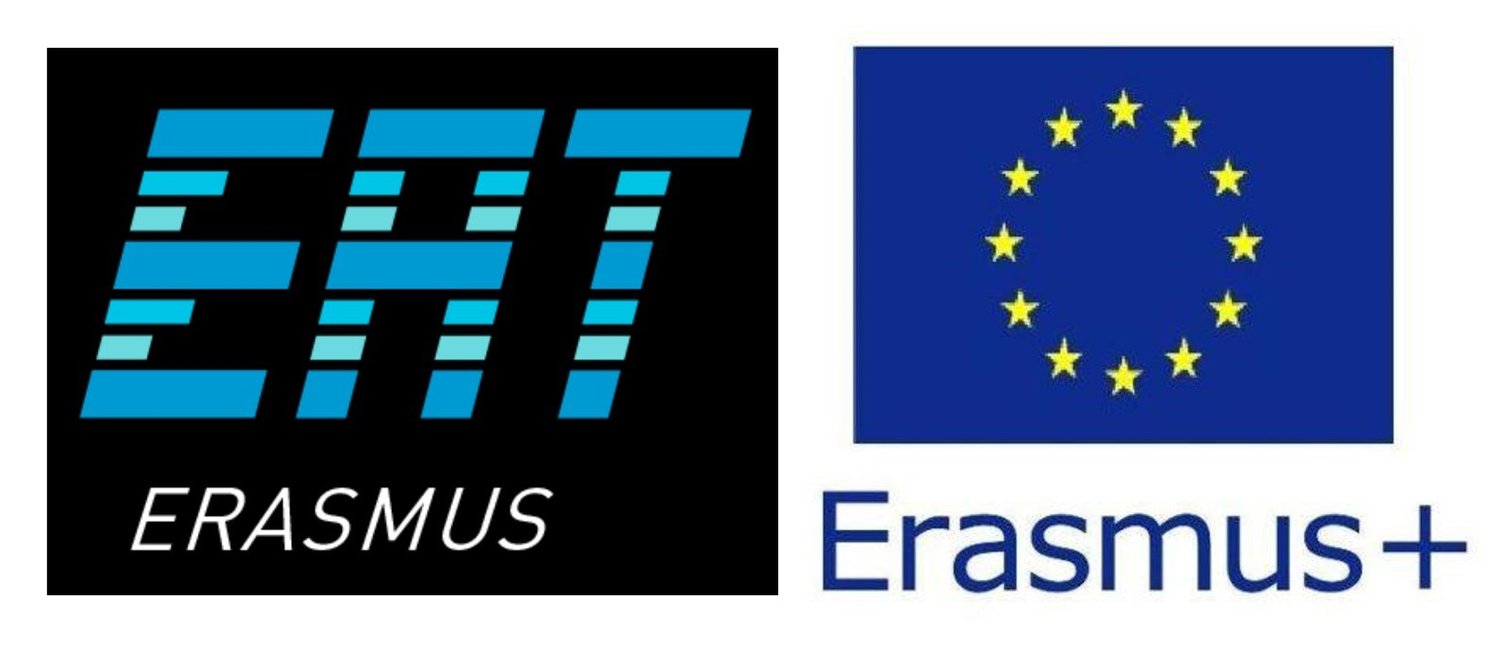1.2 What is self-regulation?
Self-regulated learning (SRL) refers to a learner’s ability to regulate his/her learning in different contexts (McMahon & Luca, 2001). SRL can be viewed as a construct, a process and an ability that can be developed (Al‘Adawi, 2020). SRL may comprise state (approaches developed in response to a specific context) and trait elements (established patterns of working that are consistent across contexts).
active, constructive process whereby students set goals for their learning and then attempt to monitor, regulate, and control their cognition, motivation, and behaviour, guided and constrained by their goals and the contextual features of their environment. (Dent & Koenka, 2016)
Note: The nature of goals and the characteristics of the environment and how it is perceived by the learner can both limit and expand self-regulatory learning potential.
In line with social cognitive perspectives (Bandura, 1986), self-regulated learning occurs as the reciprocal causation between three processes:
· Personal processes - perceptions of ability (e.g., academic self-efficacy) and self-motivation (e.g., goals);
· the learning environment- task demands and encouragement from teachers, organisation of learning environment, clarity of information etc.; and
· Individual behaviours (e.g., levels of engagement, quality of thinking, performance outcomes). There are many different models of self-regulation which have different emphases regarding the main drivers of self-regulation but there is a strong degree of consensus around the variables involved (see Panadero, 2017 for an overview).
The context of learning plays a significant part in impacting the self-regulatory pathways that students adopt. Learning oriented approaches may be triggered where individuals perceive the environment as supportive. Whereas in environments in which individuals feel uncomfortable, learning averse/avoidance self-regulatory approaches may be triggered to protect sense of self which may work against learning (e.g., not engaging, avoiding feedback, excessive preparation but paralysis in action etc.).


